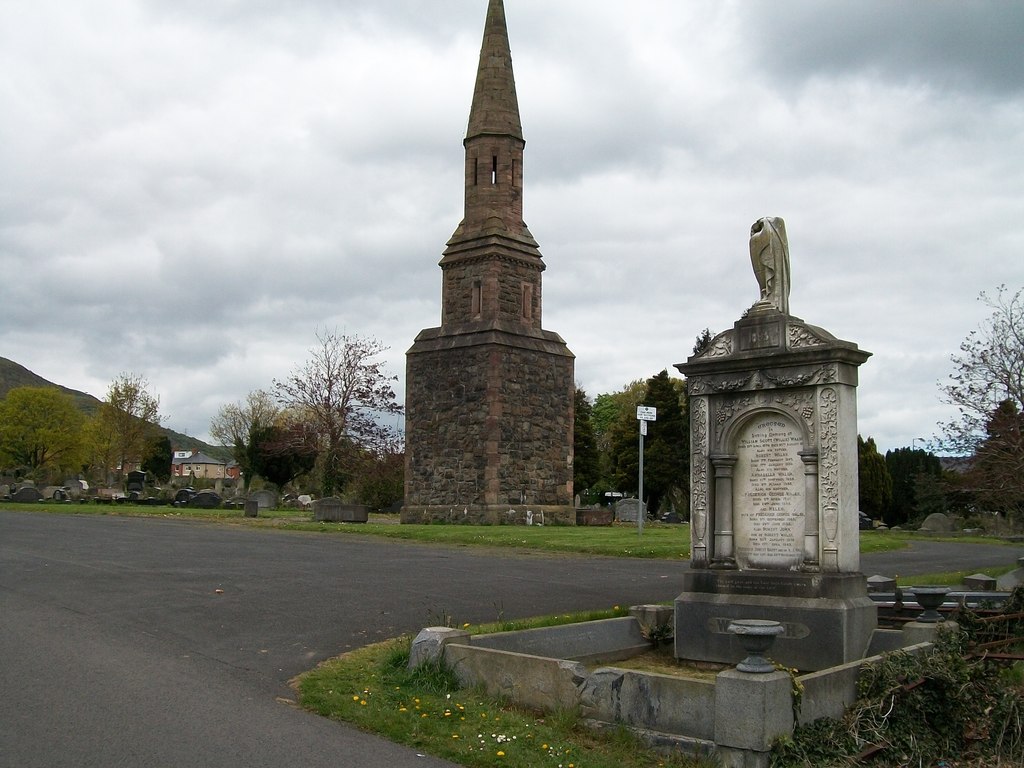
Elham Asaad Buaras
Belfast City Council has approved plans for a monument and interpretive panel to recognise unmarked Muslim graves in Belfast City Cemetery.
The decision, confirmed at the council’s October meeting, forms part of the City Cemetery Heritage Project, which aims to restore key heritage features at the Falls Road site in West Belfast.
The cemetery, established in the 1860s, includes an area known as the “poor ground”, where more than 80,000 people are buried in unmarked graves.
It also contains an underground wall built during the Victorian era to separate Protestant and Catholic burial plots.
Deputy Lord Mayor Paul Doherty welcomed the approval, describing it as an important step towards acknowledging an overlooked part of the city’s history.
“I warmly welcome progress on the monument and interpretive panel recognising the unmarked Muslim graves at Belfast City Cemetery,” he told councillors.
Doherty said he had met with those involved in the project, including Dr Naomi Green and Father Martin Magill, and praised the research undertaken by Dr Green.
At least 11 Muslims were buried in the cemetery between the 1920s and 1940s. They included sailors, travelling performers, and one Queen’s University student.
“I strongly believe their stories are very much part of Belfast’s shared history,” Doherty said. “For far too long they have remained unmarked and unrecognised. This project ensures that these lives and their contribution to the life of this city will now be remembered.”
The monument and panel are expected to be installed later this year as part of ongoing heritage works across the site.
Photo: Belfast City Cemetery (Credit: Eric Jones/Wikimedia)